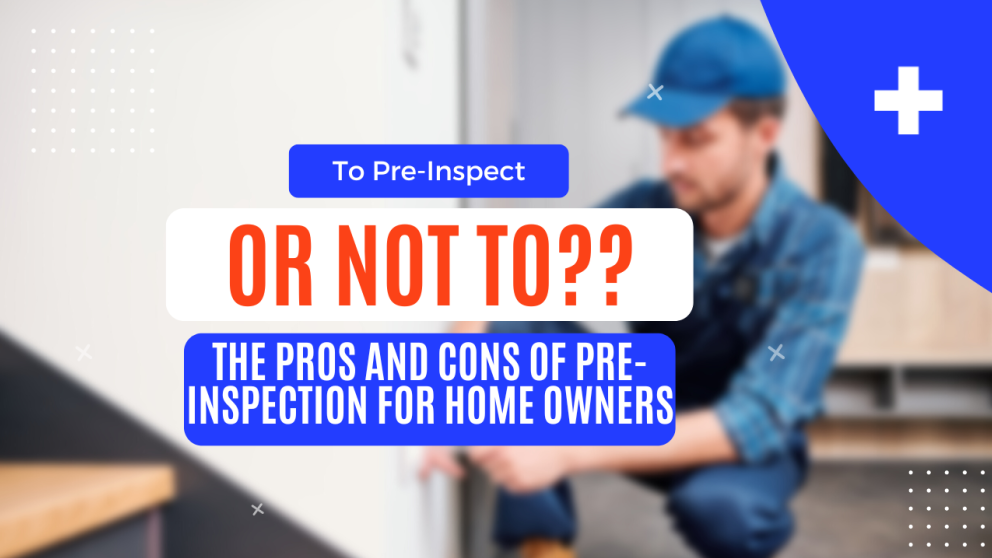To Pre-Inspect or Not to Pre-Inspect? The Pros and Cons of Pre-Inspections for Home Sellers

If you're planning on selling your home, you might be wondering if you should get a pre-inspection done before listing it on the market. While it's customary for the buyer to pay for inspections, there are some instances where it might be advantageous for the seller to do them beforehand.
As a seller, you want to be aware of the condition of your property so that you can prepare for any unexpected costs that might come up during the sales process. For example, if you have a septic system and your home is located in a rural area, your septic might fail the inspection process. Trust me, septic repairs or replacements can be incredibly expensive, and you don't want to be hit with a surprise bill during the sales process. Having a known inspection report may also help you in determining how to price your home effectively or plan your strategic negotiations with buyers.
Another scenario where a pre-inspection might be helpful is if you're planning on selling your home at auction. Many times, homes sold at auction are sold "as-is, where-is." This means that the buyer is responsible for any repairs or issues that come up after the sale is complete. By getting a pre-inspection done, you can give potential buyers peace of mind and increase the likelihood of them bidding higher on your property.
So, what inspections should you consider getting done before listing your home? We recommend the standard inspections that most buyers will do: a whole-home inspection, a radon inspection, and a termite inspection. These inspections will give you a good idea of any potential issues with your home that might come up during the sales process.
It's also helpful (but not mandatory) to make sure any health and safety issues are fixed before listing your home. If there's bank financing involved, some loan programs may require health and safety inspections as well as termite inspections to be completed before closing escrow. By completing these inspections ahead of time, you can provide further assurance to potential buyers and lenders that your home is in good condition.
Keep in mind, just because you've provided a pre-inspection report doesn't mean the buyer has to accept the inspector's findings. They may still want to hire their own inspector, which is completely within their rights.
Finally, when it comes to paying for inspections, you generally have the option to pay for them upfront or at closing. Most inspecting companies will work with you on payment if they know that the property is going to close in a timely manner. For instance, if there is already a contract on the property or if the property is going to sell at an auction. However, the inspector will want to have a signed agreement with you outlining the terms and expectation. Each company is different but it never hurts to ask.
Overall, a pre-inspection can be a helpful tool for sellers, but it's not always necessary. Consider your specific situation and weigh the costs and benefits before deciding whether or not to invest in a pre-inspection. For more information on whether or not you should get your home pre-inspected, feel free to reach out with any questions. jared@auctionplus.net
Watch this video to learn more on the topic. https://www.youtube.com/watch?v=uAjfwzxP7Eg










